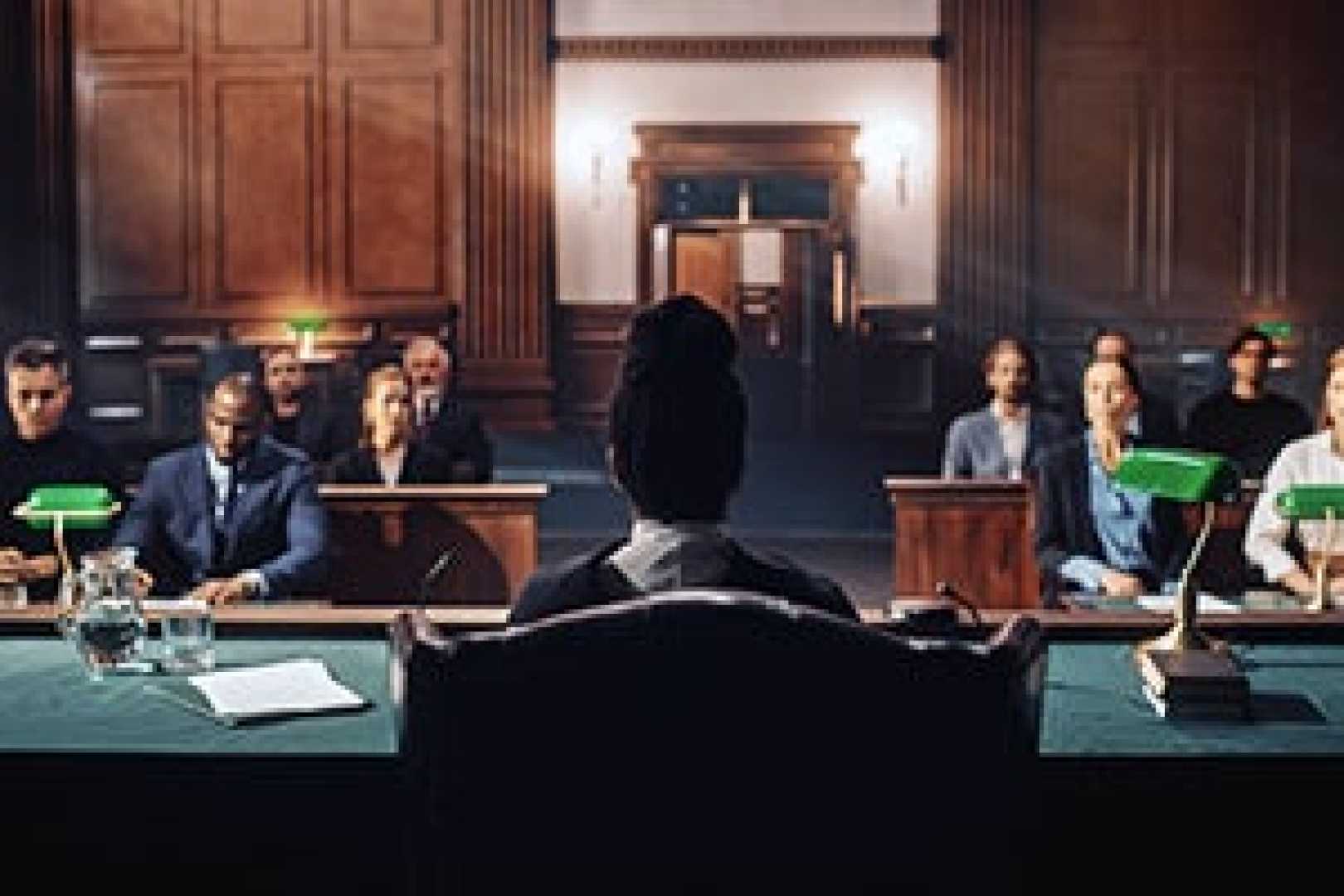Politics
Federal Judge Questions Trump’s Order Against Law Firm in Court Hearing

Washington, D.C. — A federal judge questioned the legality of former President Donald Trump‘s executive order during a court hearing on Monday. The order specifically targets the law firm Jenner & Block, which is suing to block its implementation.
At the hearing, Justice Department lawyer Richard Lawson argued that the order was not illegal because it requires federal agencies to act ‘consistent with applicable law.’ However, he struggled to justify the claim while facing pointed questions from U.S. District Judge John Bates.
‘Give me a break,’ Bates snapped when Lawson stated that the order was justified after Trump’s claims of race discrimination against the firm, although no court or agency has verified those claims.
The litigation stems from an executive order issued on March 25, which could lead to severe penalties for Jenner & Block, including the loss of security clearances for its employees and cancellation of contracts tied to the firm. During the hearing, Bates challenged Lawson’s interpretation of how federal agencies would handle the executive order, asking if they would truly conduct individual assessments for each employee.
Lawson maintained that federal agencies would take a case-by-case approach to any suspensions of security clearances, but Bates called that reading ‘pretty strange.’
Jenner & Block is represented by the prestigious Cooley LLP law firm and is one of several firms challenging Trump’s executive order. The law firm claims the order represents retaliation against them for exercising their rights to free speech, violating the First Amendment, and could hinder their ability to advocate for clients without government interference.
Michael Attanasio, an attorney for Jenner & Block, requested the judge to issue a permanent injunction against the entire order, suggesting it was intended as retribution. Trump has previously rescinded similar orders against other law firms in exchange for agreements.
Bates indicated that a written decision on the matter would be forthcoming, emphasizing concerns about the legality of the executive order and its implications for freedom of speech.












